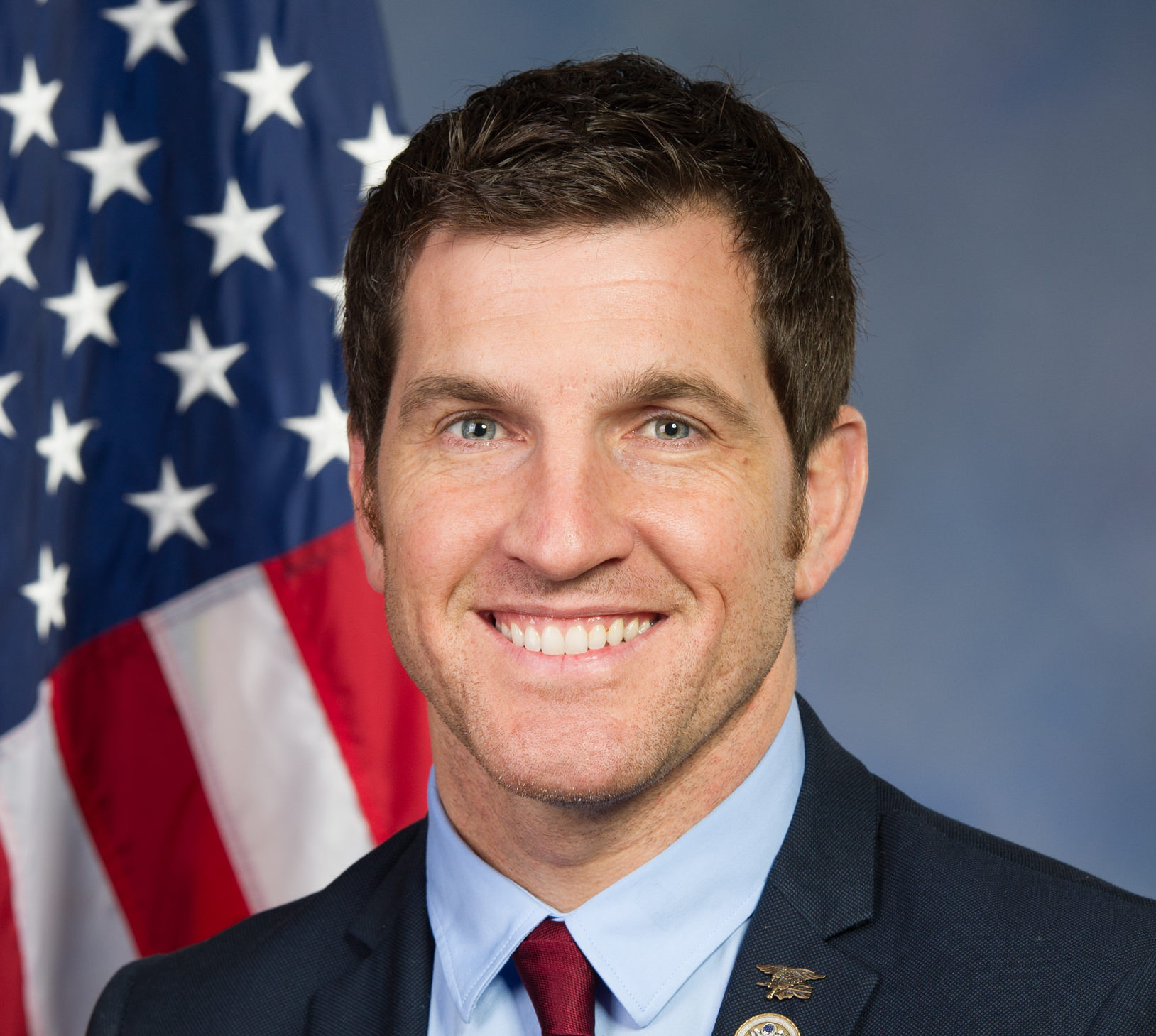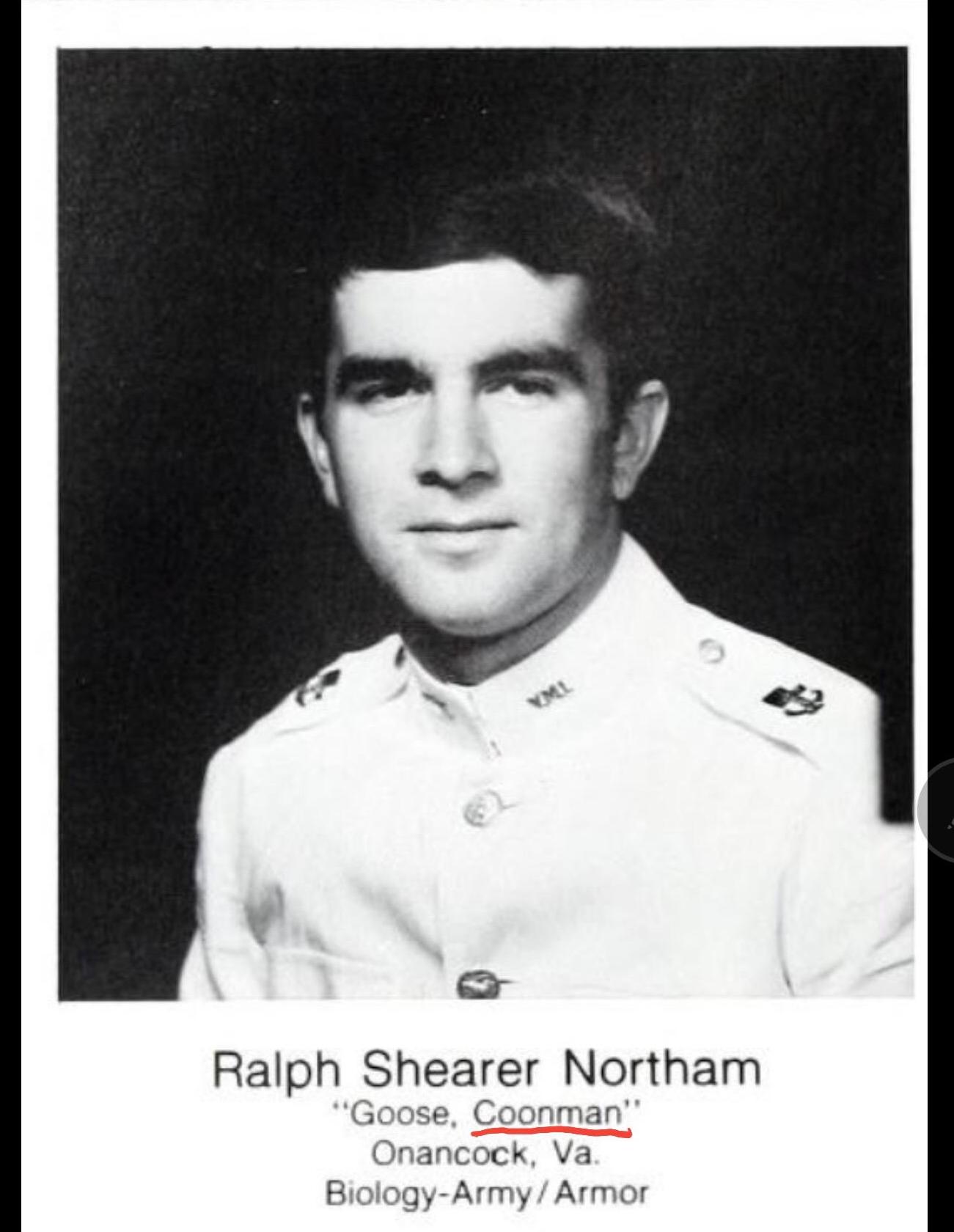As one of the most unusual meetings between two world leaders is set to take place, the two questions that are undoubtedly on everyone’s minds with the are: What would a successful meeting be? What would the U.S. gain? Congressman Scott Taylor (VA-2) was on Fox News this weekend discussing the goals of the U.S.-North Korea summit that is set to take place tomorrow in Singapore.
Taylor said that people must look at the context of the meeting. “It’s been a couple decades since we had an American president meet with the leader over there in North Korea.”
While it has taken around 16 months to craft the diplomatic framework to get President Donald Trump and North Korean leader Kim Jong-Un in the same space, it is not something, according to Taylor, we should “oversell.”
Fundamentally, Taylor explained that, first and foremost, the goal of Trump should be to, “negate the threat to the homeland,” which is building a path to denuclearization in the North. Although the overselling of the Singapore Summit is not ideal, the Republican congressman believes that Trump’s deal-making past and present, whether it be in business or politics, is something that can lead to a good outcome for the U.S., North Korea, and the rest of the world.
“The president is a charming individual, he’s been very successful in one-on-one’s with folks,” Taylor said.
When asked if “attitude” will play a role in the accords, Taylor said, “there’s no question about that.”
International deals with previous presidential administrations have often had a “go in alone” approach without fully ratifying a treaty in the Senate. For example, Obama’s Iran Nuclear deal was never agreed upon by the Senate, ending with Trump ripping up the deal. As well, President Bill Clinton’s 1994 “Agreed Framework” set to denuclearize North Korea also failed to survive, and failed to produce results.
For Taylor, a deal following the Singapore Summit must go through the Senate for ratification. Unlike the aforementioned deals which were simply executive agreements, if Trump sends a deal with North Korea through the upper chamber, it would become a formal treaty. Therefore, the accord would not be subject to the controversy and subsequent scrutiny of the former North Korean agreement and the Iran Nuclear Deal.
“This president, throughout his administration, so far, has pushed back, rightfully so, via the Constitution,” in getting agreements to be discussed in Congress, Taylor explained.
To bring about a “good deal for America” when Trump and Kim finally meet, the freshman Republican says a full Senate ratification is “extremely important.”







